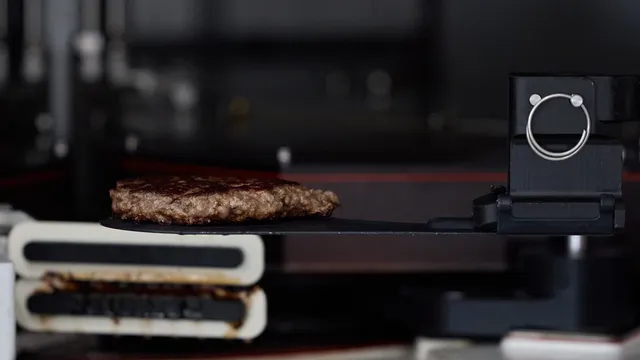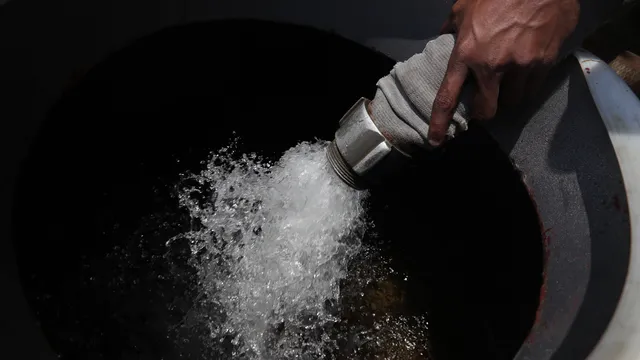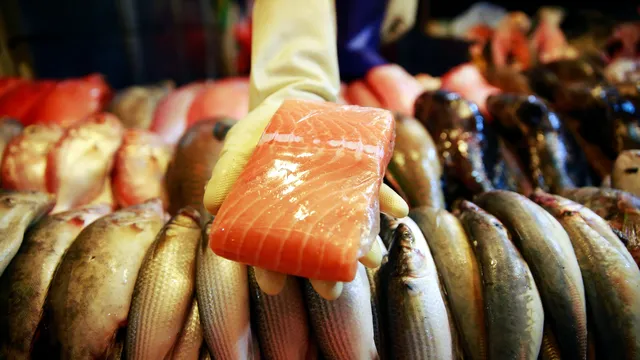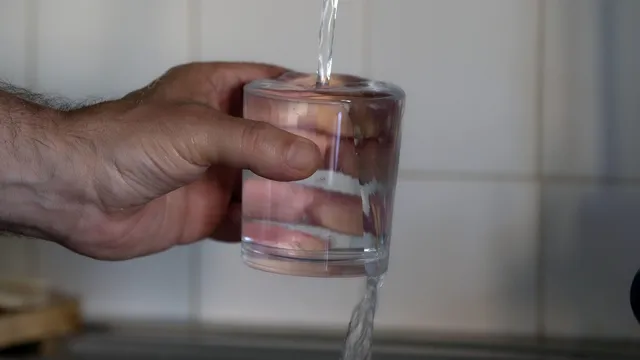Going without your morning coffee is a headache—literally.
Although caffeine is often used to kick-start the day or provide an energy boost, suddenly cutting it out can cause painful headaches.
And for those trying to quit coffee altogether, the pain can be particularly excruciating.
"Headaches from caffeine withdrawal can be surprisingly severe," Dr. Nolan Pearson, a neurologist and headache specialist at Cedars-Sinai Medical Center in Los Angeles, told Live Science.
"It can cause migraine-type headaches, so it can be throbbing, pulsating," he added.
But why is caffeine withdrawal so painful? Neurologists aren't entirely sure yet, but they have a few theories and some advice on how to treat these unpleasant headaches.
The headaches usually appear within 24 hours of going without caffeine and typically disappear within a week or when caffeine is consumed again.
Why caffeine withdrawal headaches are so painful remains somewhat unclear.
Because caffeine affects many parts of the body, experts have been unable to pinpoint a single common cause.
But the pain probably comes, in part, from dilated blood vessels.
Caffeine constricts blood vessels—which is part of the reason the substance can, paradoxically, be used to relieve certain types of headaches.
When caffeine use stops, those blood vessels swell, leading to increased blood flow and, consequently, pain.
But Dr. Brian McGinnis, a neurologist and headache specialist at Brigham and Women's Hospital in Boston, said that's only part of the story.
"It's important, but it's not the whole story," he said.
Another explanation for caffeine withdrawal headaches involves adenosine receptors.
It blocks adenosine, a building block of RNA, from binding to receptors scattered throughout the central nervous system.
This causes neurons to fire faster and blood vessels to constrict, which in turn makes people feel more alert and awake.
When a person stops consuming caffeine, the sudden buildup of adenosine in the body can contribute to headaches.
This is also why caffeine is often used to treat headaches: by blocking adenosine receptors, it prevents blood vessels from dilating in the first place.
In fact, caffeine can make painkillers such as ibuprofen and acetaminophen more effective.
But, as Pearson noted, much of caffeine withdrawal is still unexplained.
"We don't know for sure, but these are all reasons why it might cause headaches," he said.
Caffeine withdrawal often occurs in hospital settings, when patients must give up their coffee habit to undergo a medical procedure.
Some studies also show symptoms of caffeine withdrawal in people who fast, such as Muslims during Ramadan.
"When your life is interrupted unexpectedly, for example if you end up in the emergency room or are hospitalized, you will see many cases of caffeine withdrawal," McGinny said.
Caffeine is generally safe if consumed in moderation.
But when someone wants to reduce or stop caffeine intake, experts agree that the best strategy is to taper off gradually.
Drink a little less each day or replace caffeine with lower-caffeine alternatives, such as tea, to ease the transition.
"If someone is a chronic caffeine user and wants to cut back, I would do it gradually," Pearson said.
"So no faster than about 25 to 50 milligrams of caffeine a day — that's a quarter to a half cup of coffee," he added.
If the headaches persist for more than a week, Pearson recommended seeking medical attention, as this period suggests that the headaches may be caused by something other than caffeine withdrawal. | BGNES

 Breaking news
Breaking news
 Europe
Europe
 Bulgaria
Bulgaria







